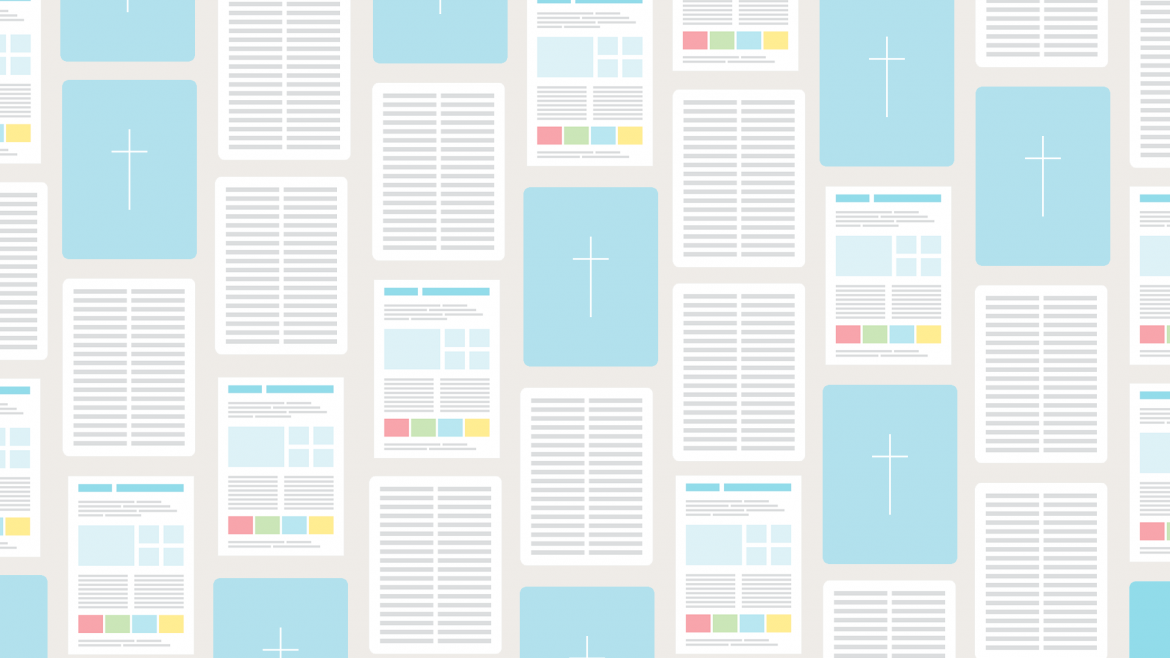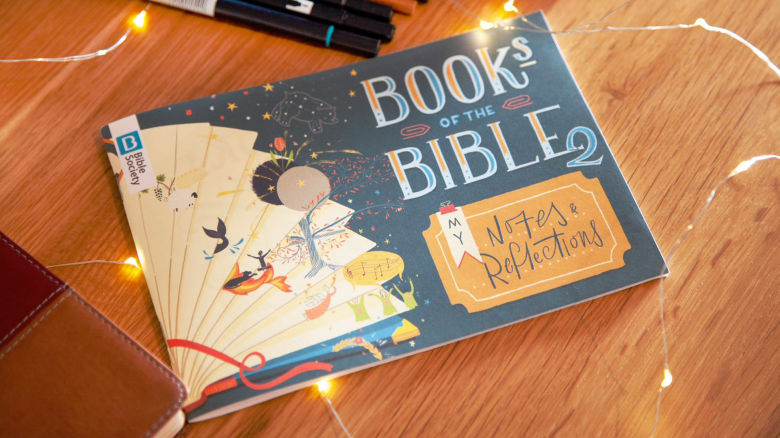This is one of the bleaker prophetic books. It opens with a description of the 'day of the Lord', which is characterised as bringing destruction upon the world. It itemises the human beings as well as the animals who will be swept away before the wrath of God. This prophecy seems to promise destruction for everyone – in Judah and in the nations around – and there is very little hope on offer at all to the recipients of its message. In the early chapters of the book, the only potential glimmer of hope is in 2.1–3 which talks of the importance of seeking the Lord, though no deliverance is promised to those who do. The end, however, takes a sudden turn for the better. The punishment is cast as a purification of the people, who thenceforward have a renewed relationship with God.
The Lord within it is righteous; he does no wrong. Every morning he renders his judgment, each dawn without fail; but the unjust knows no shame. (Zephaniah 3.5)
The Lord, your God, is in your midst, a warrior who gives victory; he will rejoice over you with gladness, he will renew you in his love; he will exult over you with loud singing. (Zephaniah 3.17)
The whole of the book up to 3.14 is quite challenging, since it presents a future in which Israel and all the nations around will be punished for their sins. Only the final few verses of the book offer hope to the remnant who remain.
The opening verse attributes the book to Zephaniah, who is said to be a distant descendant of Hezekiah: ‘The word of the Lordthat came to Zephaniah son of Cushi son of Gedaliah son of Amariah son of Hezekiah, in the days of King Josiah son of Amon of Judah' (Zephaniah 1.1).
Not much more than this. Other Zephaniahs do appear in the Bible but none who fit this description.
The opening verse also ties Zephaniah to the days of King Josiah. Josiah was king in Judah between about 640-609 BC. His reign is reported in 2 Kings 21.24–23.28. He was regarded as righteous by the writers of 2 Kings (most kings were not) because he instituted reforms in the land inspired by a closer following of the law.
Judah fell to the Babylonian empire during the reign of Josiah’s son Eliakim (who was renamed Jehoiakim by the Egyptians), thereby fulfilling Zephaniah’s prophecy of doom here.
The challenge of this period in Judah’s history is that disaster lurked just around the corner but, with the exception of some of the prophets, no one noticed and they carried on as usual.
2 Kings 17–25; 2 Chronicles 29–36; Nahum; Habakkuk; Jeremiah; Isaiah
Zephaniah is the ninth of the 12 minor prophets.
It is a prophecy almost entirely focused on the day of the Lord.
1.1 Introduction
1.2–18 Destruction is proclaimed
2.1–3 Seek the Lord even though this does not guarantee salvation
2.4–15 Messages of judgement against the nations
3.1–13 Further messages of judgement
3.14–20 God will bring hope and restoration to the remnant
There will be lots of names you will not know; don’t worry if you can’t place them all. The key ones are given below.
Ashdod, Ashkelon, Assyria, Canaan, Ekron, Gaza, Gedaliah, Gomorrah, Jerusalem, Judah, Moab, Sodom, Zion
Cherethites, Ammonites, Hezekiah, Israel, Josiah, Milcom, Philistines
Remnant, Baal, Milcom, idols
The day of the Lord is mentioned throughout the book. The phrase is a common one in the Old Testament and is used to refer to an event in the future when God will intervene. Sometimes this is something to look forward to and sometimes something to be feared. Keep an eye out for how Zephaniah uses it.
Zephaniah contains a lot of gloom, but is it all gloom? See if you can find glimmers of hope.
Notice how God’s judgement applies both to the nations around Judah as well as to Judah itself. Ask yourself whether you feel differently about the punishment for God’s people than for the others.
The phrase ‘seek the Lord’ occurs more than once in the book. What do you think it meant for Zephaniah? How might we ‘seek the Lord’ in our everyday lives?

Here are 8 handy tips to get your book club up and running.

Here are some ideas to get you started.

Unsure of the meaning of a word or phrase in the Bible? Check our glossary of terms.
Books of the Bible journal: 2nd Edition
Journey through the Bible, one book at a time, with the 2nd edition of our Books of the Bible journal.
